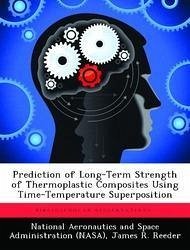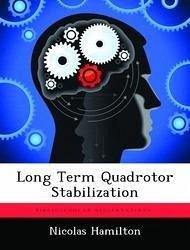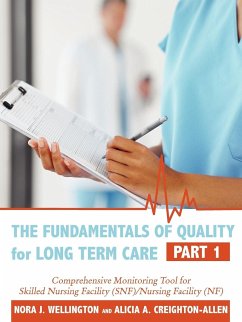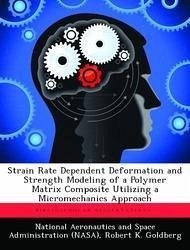
Prediction of Long-Term Strength of Thermoplastic Composites Using Time-Temperature Superposition
Versandkostenfrei!
Versandfertig in über 4 Wochen
52,99 €
inkl. MwSt.

PAYBACK Punkte
26 °P sammeln!
Accelerated tests for composite failure were investigated. Constant ramp transverse strength tests on thermoplastic composite specimens were conducted at four temperatures from 300 F to 450 F and five duration times from 0.5 sec to 24 hrs. Up to 400 F, the time-temperature-superposition method produces a master curve allowing strength at longer times to be estimated from strength tests conducted over shorter times but at higher temperatures. The shift factors derived from compliance tests applied well to the strength data. To explain why strength behaved similar to compliance, a viscoelastic f...
Accelerated tests for composite failure were investigated. Constant ramp transverse strength tests on thermoplastic composite specimens were conducted at four temperatures from 300 F to 450 F and five duration times from 0.5 sec to 24 hrs. Up to 400 F, the time-temperature-superposition method produces a master curve allowing strength at longer times to be estimated from strength tests conducted over shorter times but at higher temperatures. The shift factors derived from compliance tests applied well to the strength data. To explain why strength behaved similar to compliance, a viscoelastic fracture model was investigated based on the hypothesis that the work of fracture for crack initiation at some critical flaw remains constant with time and temperature. The model, which used compliance as input, was found to fit the strength data only if the critical fracture energy was allowed to vary with stress rate. Fracture tests using double cantilever beam specimens were conducted from 300 F to 450 F over time scales similar to the strength study. The toughness data showed a significant change with loading rate, less variation with temperature, did not form a master curve, and could not be correlated with the fracture model. Since the fracture model did not fit the fracture data, an alternative explanation based on the dilatational strain energy density was proposed. However the usefulness of this model is severely limited because it relies on a critical parameter which varies with loading rate.












